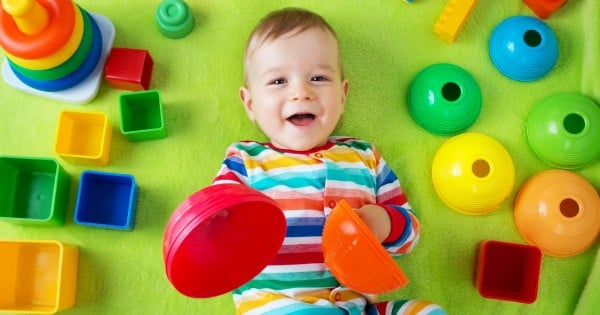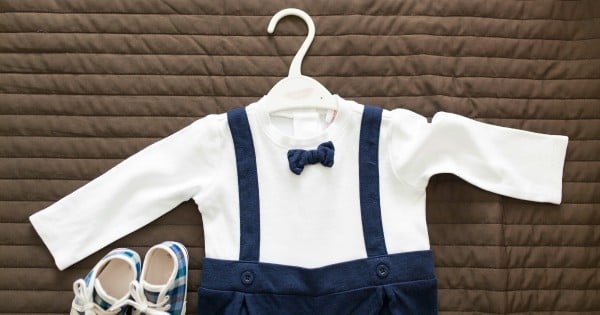
I have one child. He is 9 months old. He is also, apparently, a boy.
I say he is “apparently” a boy because sex and gender are complicated things. We don’t know how he identifies (or if he even has a gender identity at all at this age) and it’s not like we’ve had his chromosomes tested or anything.
His other mother and I are both queer, and our lives are full of transgender, genderfluid, and otherwise gender nonconforming people (including the wonderful person who provided the sperm to help us make our baby).
We know very well that having a doctor tell you “It’s a boy” doesn’t mean much, and we are trying our best not to make assumptions.
All we really know is that our kid has a penis, and statistically speaking there is a very good chance he’s a boy.
So, when he was born, we guessed that “boy” was the best gender label available for him, at least for now. We’re open to being as flexible as he needs us to be!
We dress him in a wide variety of colours, yes, including pink sometimes. But we use male pronouns for him, and we gave him a “boy’s” name rather than a “girl’s” name or a “gender neutral” name. When people ask about his sex or gender, we are often OK with just saying, “Oh, he’s a boy,” especially if we’re on the bus or something.



Top Comments
This is a joke, right?
If people gender themselves on who has the most power then we should see the most amount of women gendering themselves as men in the most patriarchal societies. And yet I'm pretty sure that this isn't a huge issue in These countries. This women is going to give her kid major issues if she doesn't relax and just enjoy life a bit more.